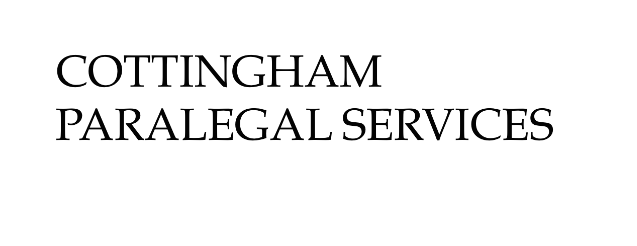HOW TO BE A GOOD CLIENT
- Posted by Rd4fn103
- on Aug, 30, 2017
- in Uncategorized
- Blog Comments Off on HOW TO BE A GOOD CLIENT
I know, I know, you think I should be writing about how legal professionals should be “good” to their clients, do everything they say they will to the best of their ability, return phone calls, respond to emails, etc. And that is true. What most clients do not realize, or understand, however, is that there are ways in which THEY can help get a better result in their case by what they do–and do not–do. I’ve listed a few ways below:
- Be aware that working a case is a team effort. An attorney cannot do your case justice without your input and participation.
- Make sure that the attorney and the paralegal have all of the information and documentation that you have available, from the beginning – no “I didn’t think it was important” excuses down the line. It is up to the attorney to decide what is and is not important.
- Remember that what you tell the legal professional, whether attorney or paralegal, is confidential. There may be aspects of your case that are embarrassing to you. But the legal professional is not there to judge. ( Some of the things they are told by clients would make your hair stand on end.) It’s an ethical consideration, as well as part of the job.
- Yes, legal professionals need to return calls and respond to emails promptly. Try to remember, though, that there are days that they will be in deposition all day, in meetings, at hearings or trial, or even, heaven forbid, sick. In other words, not all calls can be returned, or emails responded to, the same day you make them.
- When the legal professional sends you a document to review for the purpose of making sure it is accurate and correct, make sure you actually review it. The legal professional prepares and shares documents for particular reasons and with particular facts of the case to the best of his or her knowledge, but they are not perfect. And I have found that when clients review documents, it can help them to think of things they had forgotten that can be helpful to the case.
- Remember that attorneys have personal lives – if you need to call yours, call during normal working hours unless it is an absolute emergency. I had a client’s client call me at 2:00 a.m. – I was not happy – and what could I do at that hour?
- DO NOT TRY TO BE THE ATTORNEY! If you knew how to do the case, you would be doing it pro se, i.e., without an attorney. Constantly arguing with a legal professional’s opinion about what can be done, should be done, or that you shouldn’t do, is not in your best interest. You hired the attorney for his or her legal knowledge and abilities.
- Make sure you understand what the attorney will be, and is, doing for you and the steps that may have to be taken. Sometimes issues with attorneys are communication problems. Having a sit down with your attorney periodically is a good idea during the course of a case to make sure everyone is on the same page, particularly in those cases which are long-term.
- If you have done everything you can but the attorney is not keeping you informed, never calls you back or responds to your emails, the work is not getting done in a timely manner, you can’t get a meeting with him or her, and/or you just don’t get along for some reason, it’s time to look for a new one. Just remember that you will still owe the attorney for his time and work up to that point.
- When in doubt about anything to do with your case, consult the attorney. Don’t assume. You know what they say about that. It’s true.
